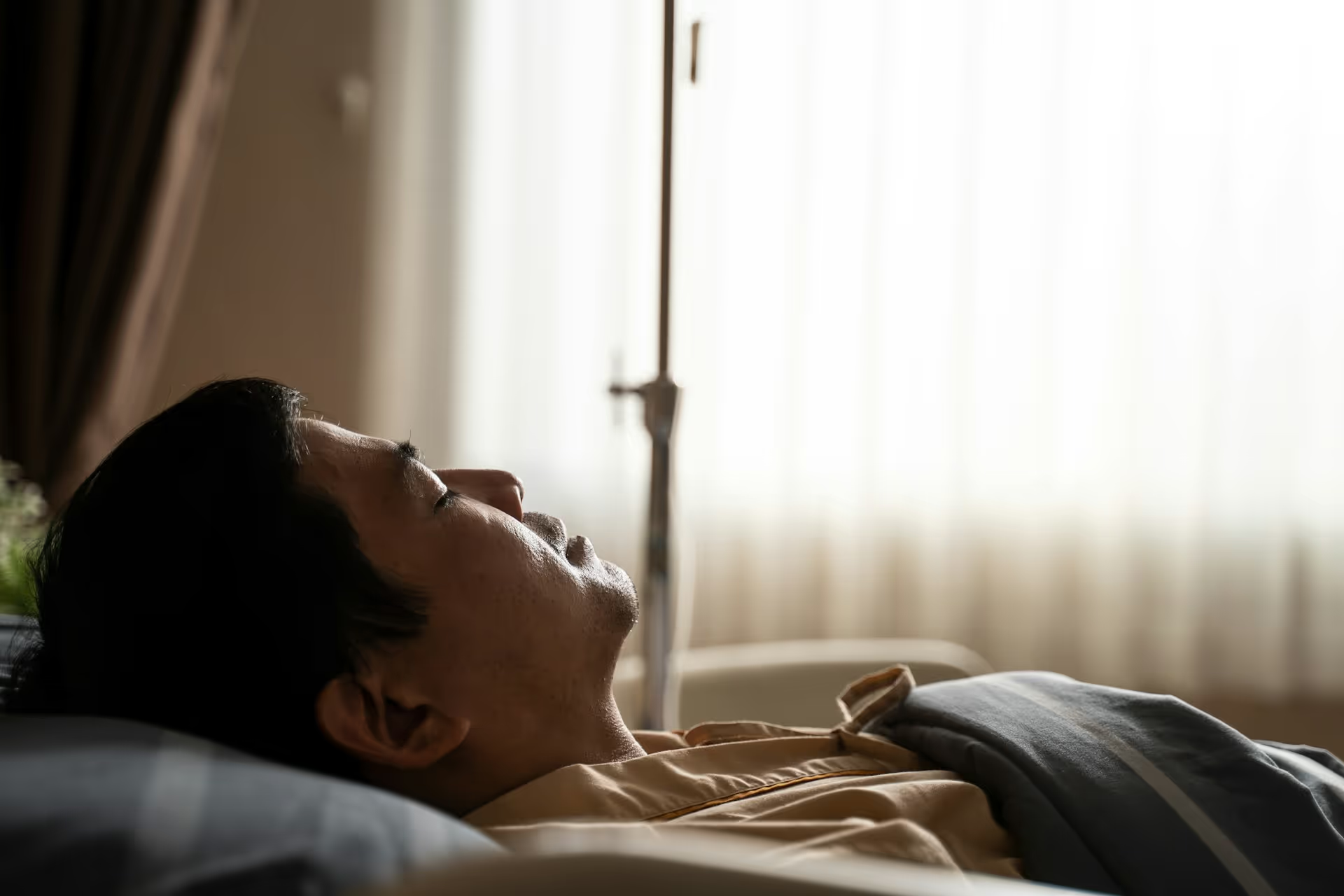Sleep apnea is more than just a nightly nuisance—it's a serious health condition that affects millions globally. If you're experiencing unexplained fatigue, snoring, or restless nights, understanding sleep apnea and seeking professional help could be crucial steps towards improving your quality of life.
What is Sleep Apnea?
Sleep apnea is a disorder where breathing repeatedly stops and starts during sleep. This interruption in breathing can lead to insufficient oxygen reaching the brain and the rest of the body, causing a cascade of health concerns.
Types of Sleep Apnea
There are three main types of sleep apnea:
- Obstructive Sleep Apnea (OSA): The most common form, occurring when throat muscles relax excessively.
- Central Sleep Apnea (CSA): Occurs when the brain doesn't send proper signals to the muscles that control breathing.
- Complex Sleep Apnea Syndrome: A combination of both obstructive and central sleep apneas.
Symptoms and Indicators
Identifying sleep apnea involves recognizing various symptoms, which can vary depending on the type:
- Loud Snoring: Particularly with OSA, snoring is a common yet misleading symptom—while not everyone who snores has sleep apnea, loud and chronic snoring can indicate a problem.
- Episodes of Breathing Cessation: Witnessed by another person, this is a hallmark sign of sleep apnea.
- Gasping for Air During Sleep: Awakening with a sensation of choking or gasping.
- Daytime Fatigue: Even after a full night's sleep, individuals may feel excessively tired during the day.
- Morning Headaches: Often due to oxygen deprivation and disturbed sleep.
- Difficulty Concentrating: A common byproduct of fragmented sleep.
Why Sleep Apnea Matters
Ignoring sleep apnea can lead to a host of serious health issues, including:
- Cardiovascular Problems: Including hypertension, heart disease, and increased risk of stroke.
- Diabetes: Sleep apnea can increase insulin resistance, contributing to type 2 diabetes.
- Metabolic Syndrome: A cluster of conditions that increase heart disease risk.
- Liver Issues: Sleep apnea can worsen liver function and non-alcoholic fatty liver disease.
- Complications with Medications & Surgery: Particularly concerning for treatments requiring general anesthesia.
Dental Solutions for Sleep Apnea
Did you know that dental professionals can offer effective solutions for sleep apnea? Custom-fitted oral appliances are a non-invasive treatment option suitable for many patients.
How Oral Appliances Work
These devices, similar to mouth guards, work by:
- Repositioning the Jaw: Keeping airways open by positioning the lower jaw and tongue forward.
- Stabilizing Oral Structures: Preventing soft tissue collapse during sleep.
- Improving Breathing: Enhancing oxygen flow and reducing apnea episodes.
Seeking Professional Help
If you suspect sleep apnea, consulting your dentist can be a vital first step. They can evaluate your condition and discuss the best treatment options, including oral appliances tailored to your specific needs.
Conclusion
Sleep apnea is a condition that requires attention and action. By recognizing its symptoms and understanding the available treatments, you can take charge of your health and improve your sleep quality. If you’re experiencing signs of sleep apnea, don’t hesitate to reach out to your dental professional for guidance and treatment. Your journey to better sleep starts with a single, informed step.

